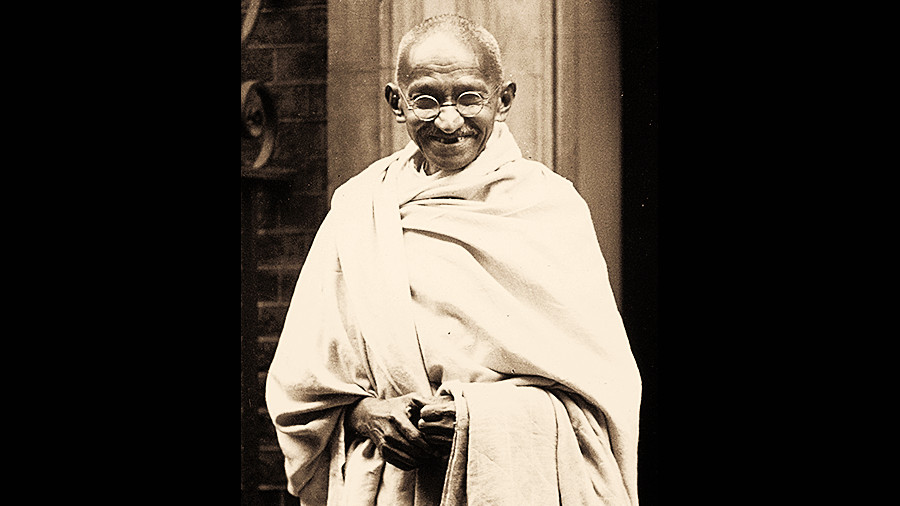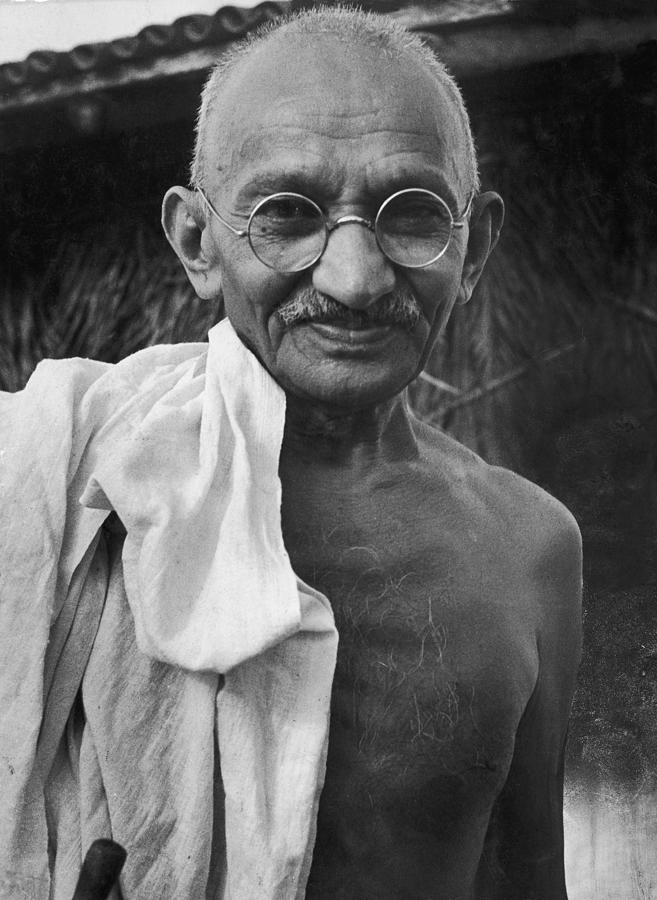

Gandhi and his followers in South Africa were often threatened and imprisoned. In 1906, he staged his first nonviolent resistance campaign based on his technique of satyagraha (“the Force which is born of Truth and Love, or nonviolence”), which he derived from the works of Thoreau, Tolstoy, the Hindu scriptures, and the New Testament. He established spiritual communities (ashrams ), the Natal Indian Congress, and a weekly newspaper, the Indian Opinion. Almost overnight he was transformed into a skilled politician. Subsequently, in 1893, he took a job for an Indian firm in South Africa the prejudices against Indians he encountered there persuaded him to remain to help fight discrimination. In 1891, he returned to India to discover that, because he found himself unable to speak in the courtroom and thus was left merely to prepare legal documents, law was not a lucrative career for him in India.



His vegetarianism, at first a source of embarrassment, became an opportunity to practice his social influence: he joined the London Vegetarian Society, where he was introduced to the Bible and the Bhagavad-Gita. In 1888, he sailed to England to study law at the Inner Temple, but found himself more involved in adjusting to Western culture. His academic performance in Indian schools was mediocre however, after a rebellious adolescence, Gandhi committed himself to a program of passionate self-improvement. Gandhi’s religious upbringing emphasized principles of ahimsa (non-injury to living beings), fasting, self-purification, and nonviolence these themes would figure prominently in his political philosophy. Mohandas Karamchand Gandhi (often called “Mahatma,” or “great soul”), the Indian nationalist and advocate of non-violence, was born in Porbandar to the local chief minister and a mother who was an active disciple of Vaishnavism, the worship of the Hindu god Vishnu.


 0 kommentar(er)
0 kommentar(er)
